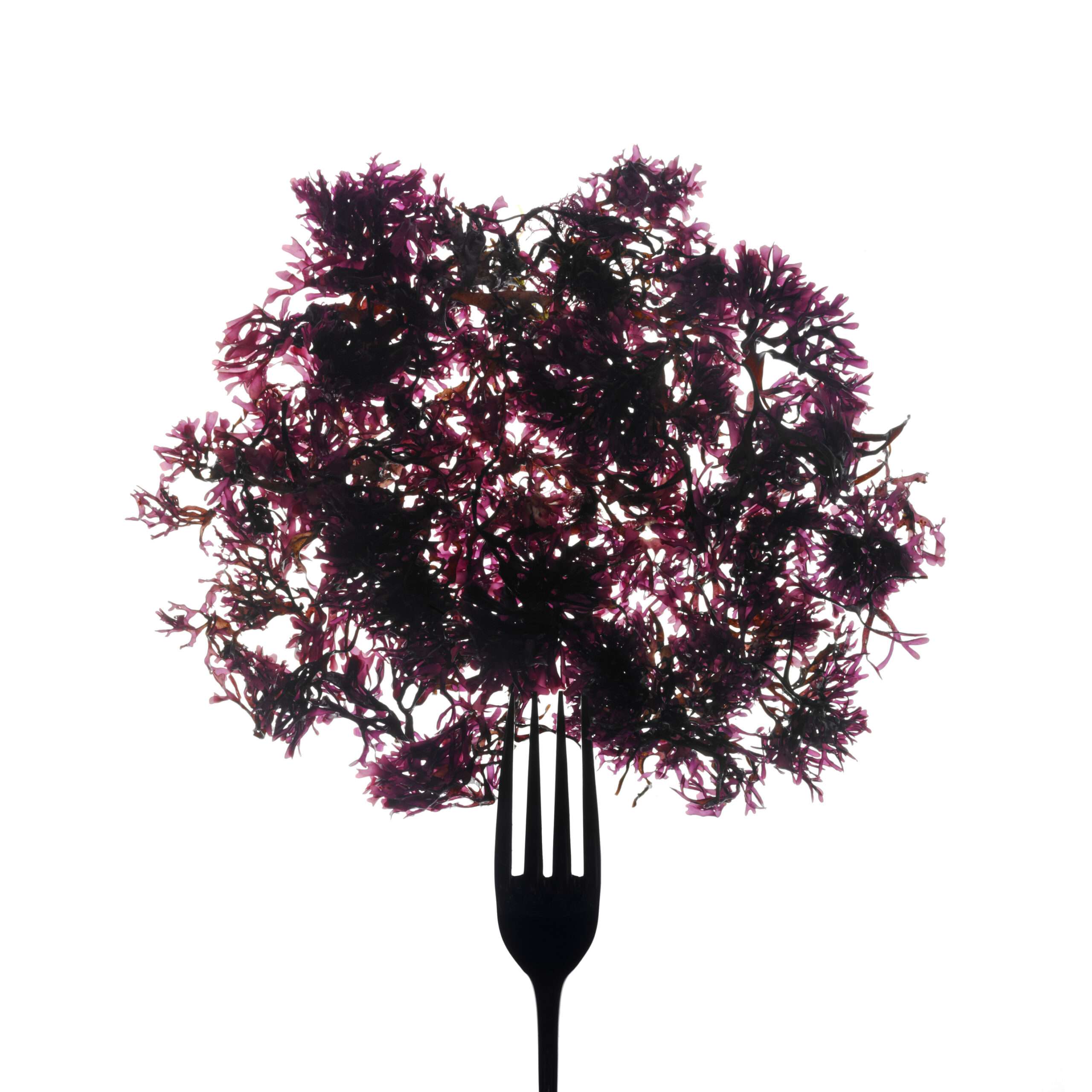[ad_1]
As the recognition of harvesting and consuming seaweed grows in America, a brand new Maine Public Radio investigation, together with different current information, counsel that rules—too strict in lots of circumstances, nonexistent in others—could also be hampering the market from reaching its potential.
Seaweed is the collective identify for quite a lot of marine crops and algae. It is a widespread meals in lots of cultures, together with in Japan and amongst many coastal Native American tribes. Seaweed is prized for its versatility, well being advantages, and excessive diploma of sustainability when in comparison with different meals. Varied kinds of seaweed “can be utilized as fertilizer, animal and fish feed, biofuels, prescription drugs and cosmetics…. and have been marketed as a ‘tremendous meals’ containing dietary fiber, omega-3 fatty acids, protein, important amino acids, calcium, iodine, magnesium and nutritional vitamins A, B, C and E.”
Harvesting seaweed is a subject that is me no less than since I mentioned it in my 2016 guide, Biting the Palms that Feed Us: How Fewer, Smarter Legal guidelines Would Make Our Meals System Extra Sustainable, in a profile of a widely known California forager who helps information paying clients to reap every little thing from mushrooms to seaweed.
Seaweed demand has boomed lately. And elevating and harvesting seaweed, which requires few inputs, will be profitable. In Maine, industrial seaweed harvesting grew greater than fivefold from 2018 to 2019. The worldwide annual marketplace for seaweed is already no less than $6 billion.
“The economics are great,” Joth Davis, a kelp farmer in Washington State, advised the Pew Charitable Trusts lately. “Kelp is not tough to develop, and it does not use freshwater or added vitamins. The worth proposition is basically there.”
Seaweed proponents are conscious of some ongoing challenges to rising its reputation as a meals, beginning with its unsexy identify: seaweed. However different challenges—significantly studies suggesting rules look like hampering seaweed gross sales from rising even sooner—quantity to the next bar to elevated harvesting and gross sales.
The primary (and seemingly decrease) barrier seaweed farmers face is federal legislation. Beneath FDA guidelines, the Maine Public Radio report particulars, “seaweed is not actually a meals in any respect. Neither seafood nor vegetable, seaweed is regulated by the FDA as a spice due to its historic use as a dried product eaten in small portions.”
The extra onerous rules in query happen on the state degree, and pertain mainly to meals security. That is unlucky, provided that seaweed is a relatively secure meals. Foodborne diseases brought on by seaweed consumption are uncommon globally, and rarer nonetheless in the USA. Whereas some research have famous “considerations in regards to the potential for seaweed to contribute to foodborne infections,” others have discovered seaweed accommodates antibacterial compounds that may hinder or destroy micro organism that may trigger foodborne diseases.
A research on seaweed and meals security, printed in 2020 by Connecticut Sea Grant, in partnership with state authorities, was billed as the primary of its sort. Whereas the Connecticut information is little question helpful, that usefulness is basically undermined by a flawed assumption that seaweed needs to be regulated like different meals from the ocean.
Certainly, the research studies Connecticut legislation regulates seaweed the identical because it does different seafood. That is extremely problematic. Regulating water high quality for seaweed manufacturing utilizing requirements for shellfish manufacturing, which Connecticut does, ignores the truth that seaweed—in contrast to shellfish—just isn’t a filter feeder. Which means seaweed will be suitable for eating when harvested in waters that might be unsafe for harvesting shellfish, whether or not or not Connecticut permits it.
Very a lot to their credit score, researchers in Maine seem to acknowledge this. For one factor, the aim of their analysis is to “assist develop correct rules that may shield eaters with out overburdening the rising trade.” And, because the Maine Public Radio report implies, they acknowledge that rules requiring seaweed to fulfill shellfish-related water high quality requirements is a needlessly onerous requirement.
“We wished to do that [study] as a result of perhaps seaweed should not be handled like shellfish,” Prof. Kristin Burkholder advised MPR, helpfully distinguishing the research she’s main from that carried out in Connecticut.
Whereas the query of how to manage seaweed seems to be an open one amongst many states, in different states the first regulatory problem is extra certainly one of whom than of how.
Recall Joth Davis, the kelp farmer in Washington State? As Pew explains, he is additionally the solely kelp farmer working Washington’s waters legally. That is as a result of, regardless of demand, the state makes it practically unattainable for others to hitch Davis in his career.
“Many others wish to develop kelp in Washington’s waters, however Davis’ farm for now could be the one one working,” Pew studies. “The reason being easy: The state’s allowing course of includes 9 totally different businesses, and the paperwork is so burdensome and time-consuming that few folks trouble.”
Washington State is not alone. “Many coastal states have an equally cumbersome course of to manage ocean aquaculture, [forcing] would-be farmers [to] face a tangle of pink tape,” Pew additionally studies.
Seaweed is a tasty, plentiful, sustainable, worthwhile, and wholesome meals. In the event you’re not consuming it commonly, you doubtless have authorities pink tape to thank for that truth.
[ad_2]

Leave a Reply